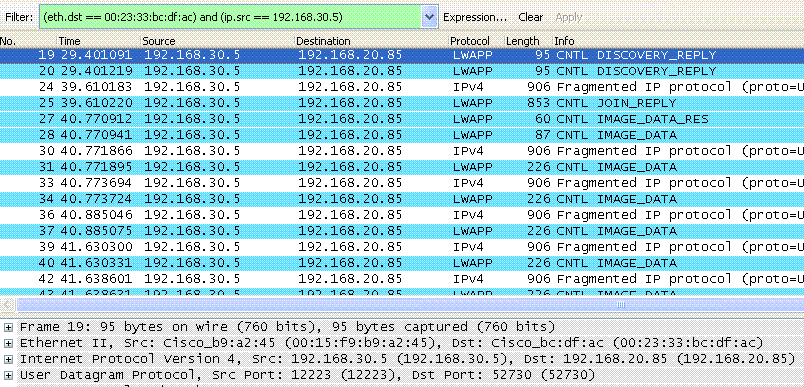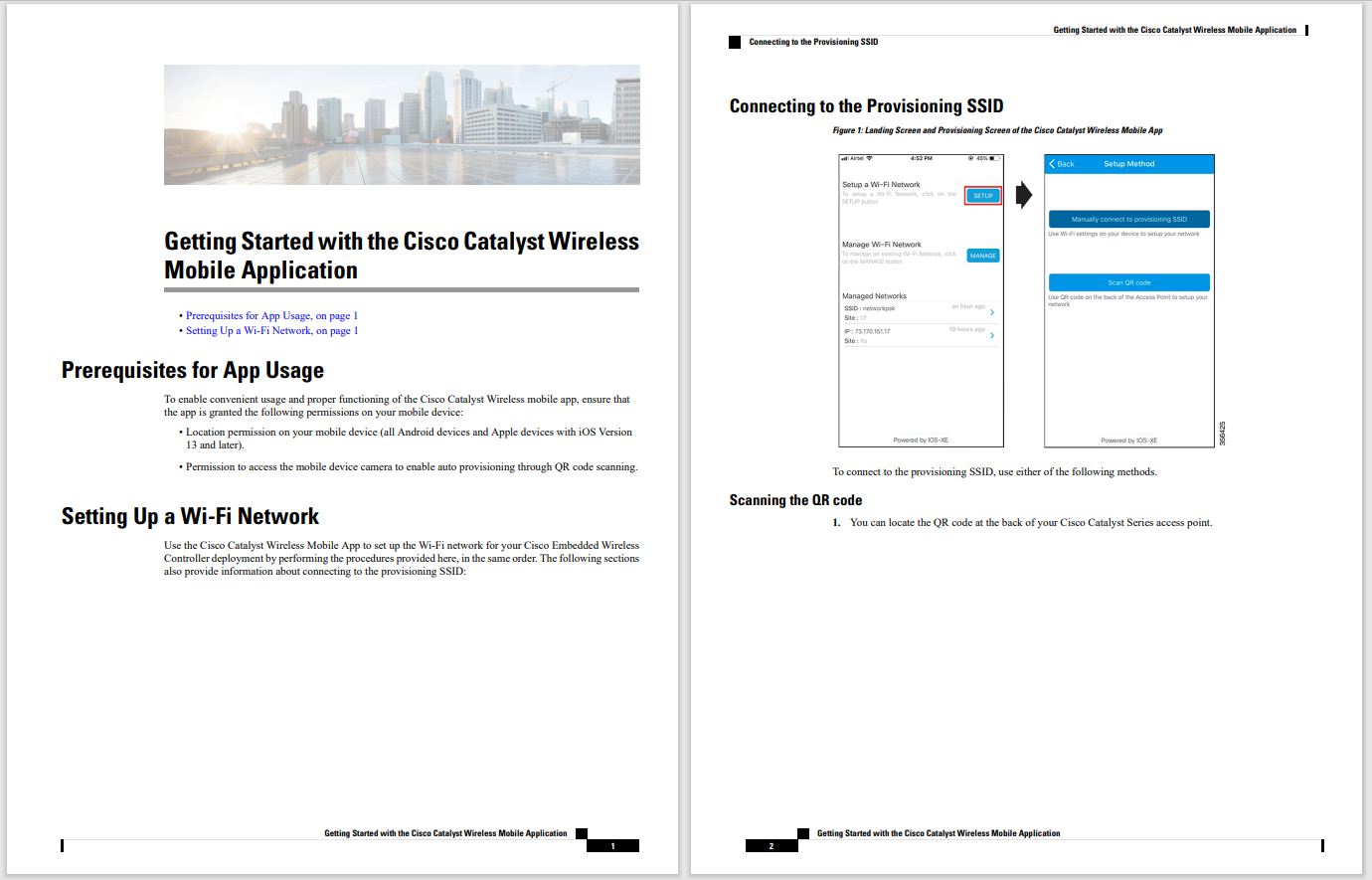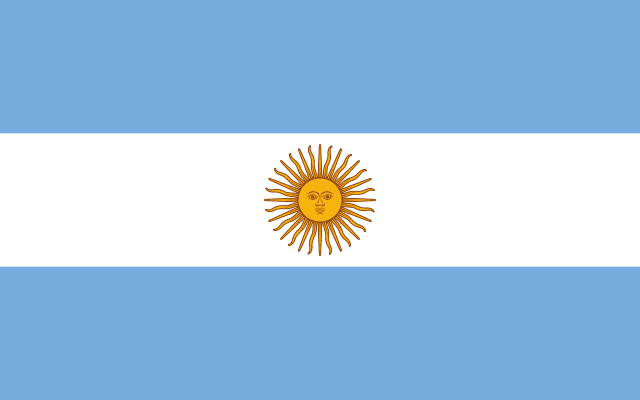
































Argentina has announced a request for a$200 million connectivity project, funded by the World Bank. The consultation period for this project, concluding on September 14, seeks information about its components, beneficiaries, environmental and social management strategies, stakeholder participation, and procedures for addressing concerns and grievances. The project's primary objectives include enhancing broadband infrastructure by implementing open fiber optics, wireless, or satellite networks in underserved areas, establishing four data centers for the state-owned enterprise Arsat, and advancing digital skills.
The Data Infrastructure Strengthening Project, aimed at closing the digital gap in Argentina, seeks to achieve a more efficient and higher-quality Digital Government. This national strategic project promotes the development of technological infrastructure and equal opportunities by providing citizens with access to training, enabling them to acquire knowledge and develop digital skills. Its main goal is to reinforce the foundations of data infrastructure, enhance digital resilience, foster digital adoption in Argentina, and effectively respond in case of a qualifying crisis or emergency.
 Etiquetas calientes:
Desarrollo de la capacidad capacidad
Recursos críticos en internet
Etiquetas calientes:
Desarrollo de la capacidad capacidad
Recursos críticos en internet